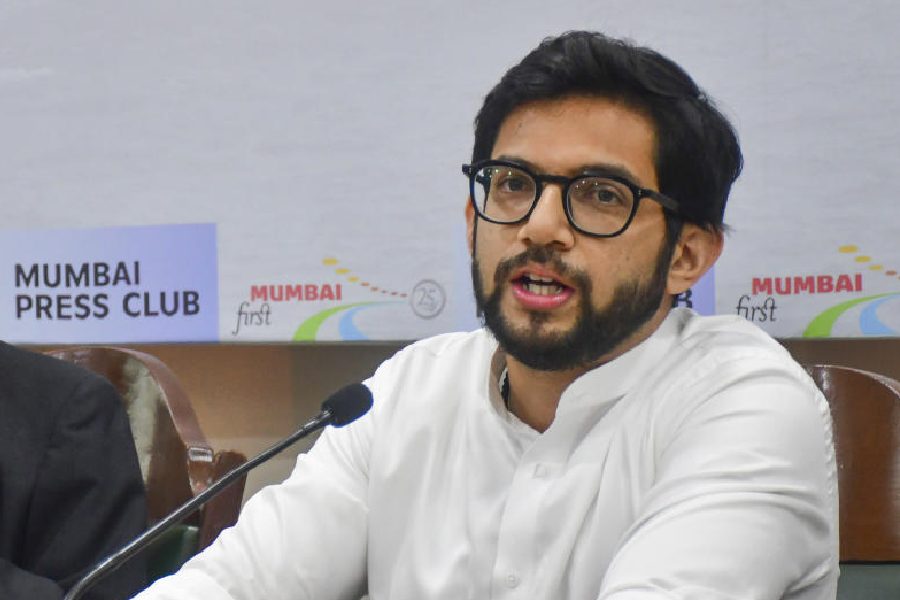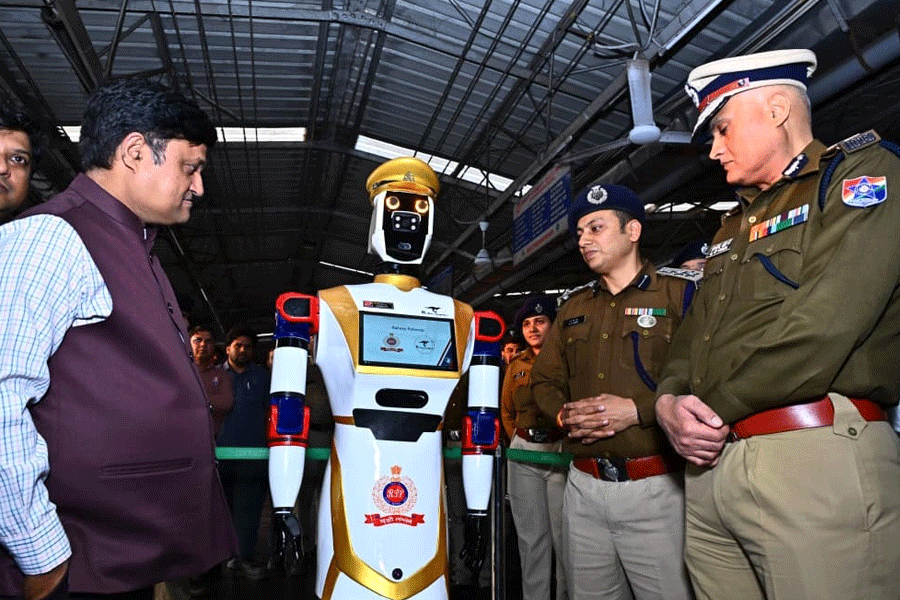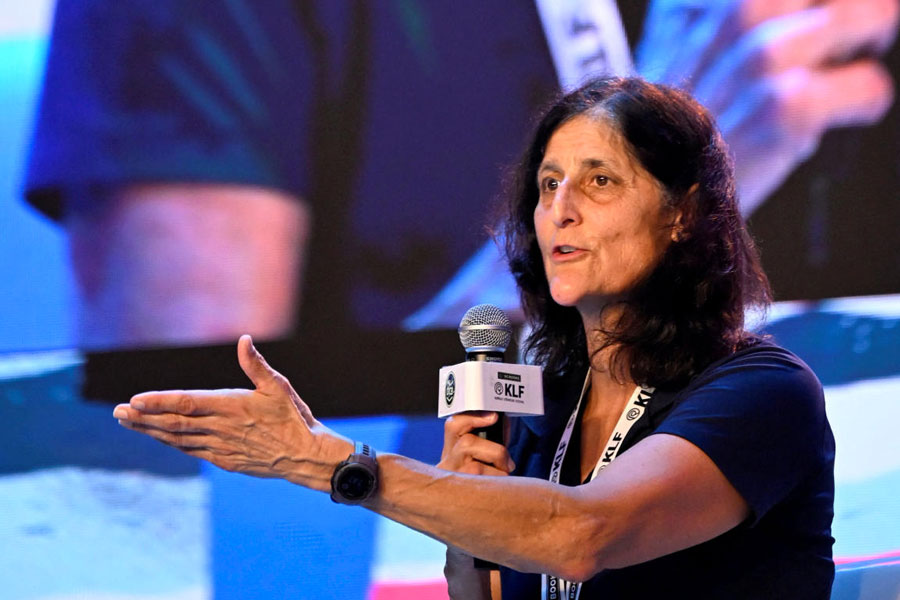
As Bibaho Diaries enters its sixth week with packed halls and love and appreciation pouring in from all corners, nothing makes me happier than to hear people tell me that my film is a success.
No film of mine has faced more odds than this tiny little film which has survived and has come out on top despite everything, including facing the biggest threats, like Bollywood biggies SRK with Raees and Hrithik Roshan with Kaabil. All the success is due to only one thing, and that is the audience’s overwhelming love and sheer positivity that fought for this little film, increasing the number of shows and its longevity.

A voice of my own
When I started out wanting to make films, I never thought of them in terms of success or failure. I just knew I had things to say... almost like a blog and I hoped people could connect and relate.
Bedroom, Maach Mishti & More and Aami Aar Amaar Girlfriends came out of an arrogant younger and more naive-to-the-film-fraternity movie-lover who had a ton of shit to say, who wanted to expose human beings for who they are, who was wanting to redo his childhood and was a fan of chick flicks. Turned out these quirky ideas connected with the audience at some level and were deemed “hits”. What that word meant I didn’t know but what I did know is that people didn’t mind me for having a weird childhood which I re-fantasised in Maach Mishti; they didn’t mind me exposing myself and everyone else having shades of grey in Bedroom, and seemed to resonate with my love for chick flicks with Girlfriends. Perhaps what resonated the most with the audience was my positivity.

While I was basking in the audience’s love for my films, slowly negativity started creeping in as I was drowning in film fraternity obsession with box-office numbers that was suffocating my positive-loner-film buff self.
Before I knew it, over the last two-three years discussions around films in India and sadly as well as in Calcutta primarily were about numbers. Soon cinema became less of an art form and more of a numbers game. In my late teens, Bengali movies like Utsab, Paromitar Ek Din, Uttara made me want to come back from New York and make Bengali films and have a voice of my own. For the life of me, I had never heard discussions about Uttara’s box office collections, good, bad or ugly. Rituparno Ghosh had become a household name because he told stories that the Bengali middle-class could connect to. And if you ask me honestly, I have seen most of his movies in movie theatres and it had never occurred to me to look around and count the number of people in the hall. I was a movie lover, why the hell would I be bothered.
Being in and around the fraternity, the lack of hours of discussion about cinema resonated a negativity in me. I guess I lost the movie buff in me for a bit. I stopped talking about movies and perhaps in some way I lost myself, and found myself digging myself more and more into a negative space. With Kolkata Calling and Family Album, I was trying to push the bar a little further to expose a little more about the morbid side of life, as I felt I needed to tell these stories. But it seemed these films didn’t have any takers. Do I have any regrets for making those films? No. But I do have one regret. I wish I hadn’t let that negativity get to me and turn me into an unhappy person. Just as the positivity in me showered me with the audience’s love for Maach Mishti, Bedroom and Girlfriends, similarly my negativity perhaps drove away the audience from Family Album and Kolkata Calling.
I’ve gotten rid of my negative space
Somewhere in 2015, just as I was hitting a brick wall, I decided I needed a reboot. I used Bibaho Diaries — a fun, happy, romantic comedy about married life as a therapy for my unhappiness.
Finally, the film released on January 20 and it didn’t have much of an opening and most of our shows were taken by Hindi blockbusters releasing on the next week. But I remained positive despite all odds because word was getting around that Bibaho Diaries was liked.
Accolades for Bibaho Diaries started pouring in from all over. They said they finally found a film they could laugh with and relate to. Before we knew it, in the third week we got shows back based on the film’s performance in theatres. Now as it runs still to packed theatres, I have to thank my producer Rupa Datta (of Camellia Productions), my distributor friend Pankaj, my friends who stood by me and believed in the film, and primarily the audience for keeping a film on its feet purely based on love. It was clear — positivity resonates.
The success of Bibaho Diaries has taught me a lot. Woody Allen had said: “Life is divided into the horrible and the miserable.” This is a fact and quite honestly we live in a harsh world where life sucks and you are going to have more bad days than good ones. But what’s most important is to try and be happy and stay positive. I’ve gotten rid of my negative space. I’m happier. And every day I wake up and hope someday someone will come up with a pill that can cure unhappiness. Instead of anxiously waiting for this miracle drug, I decided to write a movie about a guy who comes up with a prescription for unhappiness called the ‘Happy Pill.’

What did you love about Bibaho Diaries? Tell t2@abp.in











